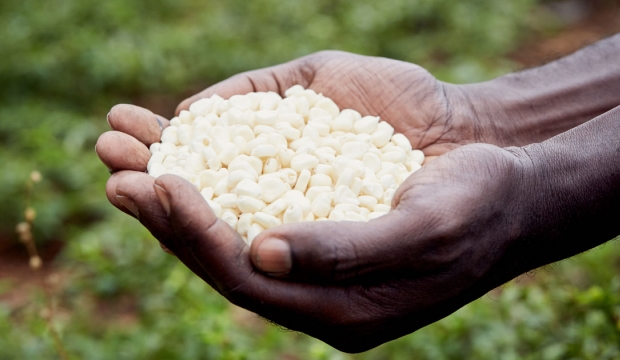
In December 2016 we concluded the first phase of Farmers Network Project (FNP) in Nakuru Kenya. Over three years the project worked with 3,600 small-scale farmers to help them improve their farming practices and, ultimately, increase their incomes.
By providing access to financial services, increasing skills and knowledge in improved farming techniques and establishing farmers network groups FNP has transformed the livelihoods of rural farmers.
The main successes of the project have been:
- Farmers have access to capital to invest
The establishment of 71 savings and loans groups means that 74% of farmers now have access to financial services, compared to just 13% before the project. Of these farmers, 64% invested in agriculture, 18% in education and 9% in non-agricultural businesses. - Farmers have increased skills and knowledge of farming practices
The project has helped 87% of farmers change their farming practices. The most common changes related to the use of fertiliser (82%), use of certified seeds (60%) and changes in feed formulation (56%). - Better information sharing between farmers
Our 14 new networks have brought farmers together as a group to buy and sell together, as well as share new ideas and different farming methods. Approximately half of the farmers (49%) reported learning new farming techniques from the networks whilst 66% adopted new practices to improve their livelihoods. - Improved yields and productivity
The majority of farmers (84.7%) reported an increase in their crop yield - varying from 50% to 300%. This had a direct positive impact on family life, with a rise in affordable food and stronger food security.
FNP has boosted the economic status of farmers, helping improve confidence and create positivity among farming communities.
Building on the success of this first phase, we are proud to now launch a new project FNP2 which seeks to help farming families improve their economic and food security, as well as further support their children's education.
